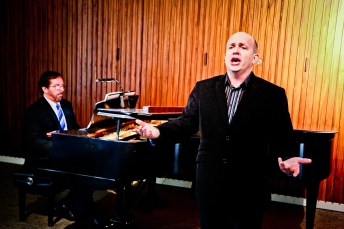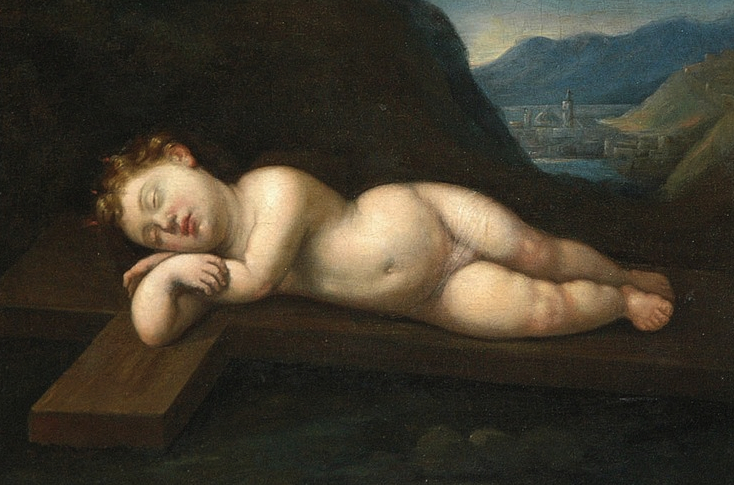 For our recent AMERICAN PILGRIMAGE concert, tenor Gerald Seminatore and pianist Mark Salters offered songs by Charles Ives ( 1874-1954). (Links to performance videos of two songs appear below.)
For our recent AMERICAN PILGRIMAGE concert, tenor Gerald Seminatore and pianist Mark Salters offered songs by Charles Ives ( 1874-1954). (Links to performance videos of two songs appear below.)
Ives was one of the most original of twentieth century American composers. In more than 100 songs, Ives wove together original melodies, fragments of popular songs and hymns, and harmonies of sweet simplicity or crashing dissonance. There is a pronounced nostalgia in many Ives songs, and sometimes a humorous or ironic note. Two of these songs–“Religion” and “The Cage”–are models of economy, brevity, and harmonic expressiveness.
"Religion" (1920), words Dr. James Thompson Bixby There is no unbelief. And day by day and night by night, unconsciously, The heart lives by faith the lips deny; God knows the why. Click here for Gerald's performance of "Religion." "The Cage"(1906), words by Charles Ives A leopard went around his cage From one side back to the other side; He stopped only when the keeper came around with meat; A boy who had been there three hours Began to wonder, “Is life anything like that?” Click here for Gerald's performance of "The Cage." (Photo courtesy of Taso Papadakis)


![94_Cupid_F90x70[1][1]](https://spaciousvision.files.wordpress.com/2014/02/94_cupid_f90x7011.jpg?w=739)




